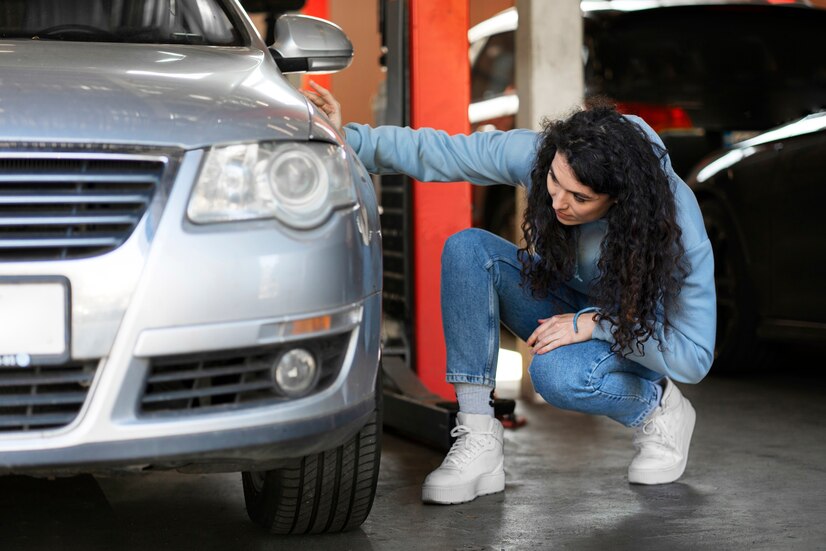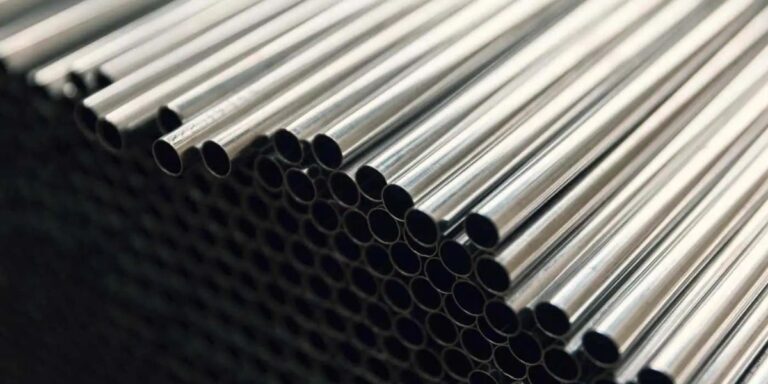Top Tips for Protecting Your Car When You Don’t Have a Garage
Not having a garage doesn’t mean you can’t protect your car effectively. Whether you live in an apartment, a city with limited parking options, or simply don’t have the space for a garage, there are several proactive measures you can take to keep your vehicle safe and in good condition. Here are some top tips to help you protect your car when you don’t have a garage:
1. Invest in a Car Cover
A high-quality car cover is one of the most effective ways to shield your vehicle from the elements. Look for a cover that is weatherproof, breathable, and designed to fit your car’s specific make and model. A good cover will protect your car from rain, snow, UV rays, and dust, preventing damage such as rust and paint fading. Remember to choose a cover with a soft lining on the inside to avoid scratching your car’s paint.
2. Choose a Safe Parking Spot
Where you park your car can significantly impact its safety and longevity. Whenever possible, opt for covered parking spots, such as under awnings, in carports, or under trees. These spots offer some protection from the elements and reduce direct exposure to sunlight. If covered options are limited, try to park in shaded areas to minimize UV damage.
3. Regular Cleaning and Waxing
Maintaining a regular cleaning and waxing schedule is crucial for protecting your car’s paint and exterior surfaces. Wash your car at least once a week to remove dirt, bird droppings, and other contaminants that can damage the paint over time. Additionally, apply a high-quality wax every few months to create a protective barrier against environmental pollutants and UV rays.
4. Utilize Paint Protection Film
Consider applying car paint protection film (PPF) in Salt Lake to vulnerable areas of your car, such as the front bumper, hood, and side mirrors. PPF is a transparent, durable material that shields your car’s paint from scratches, rock chips, and minor abrasions. While it requires professional installation, PPF can provide long-term protection and preserve your car’s resale value.
5. Install a Security System
Protecting your car from theft is equally important, especially when parking in public or unsecured areas. Invest in a reliable car alarm system with motion sensors and a loud siren to deter potential thieves. You can also consider installing a GPS tracking device that allows you to monitor your car’s location in real time and recover it quickly if stolen.
6. Regular Maintenance Checks
Routine maintenance is key to keeping your car running smoothly and preventing costly repairs. Schedule regular inspections of your car’s mechanical components, including brakes, tires, and fluids. Addressing minor issues promptly can help avoid breakdowns and prolong your vehicle’s lifespan.
7. Use Window Visors or Sunshades
During hot weather, the interior of your car can be vulnerable to damage from UV rays and heat buildup. Use window visors or sunshades to protect your dashboard, seats, and upholstery from sun damage. These accessories help maintain a cooler interior temperature and reduce the risk of cracking or fading over time.
8. Keep It Covered Overnight
If you have the option, consider investing in a portable carport or canopy to provide overnight protection for your vehicle. These structures offer shelter from rain, hail, and debris, minimizing exposure to harsh weather conditions. Alternatively, consider renting a garage space or using a communal parking facility that provides covered parking options.
9. Monitor Tire Pressure
Proper tire maintenance not only enhances fuel efficiency but also contributes to overall vehicle safety and performance. Check your tire pressure regularly and inflate them to the manufacturer’s recommended PSI (pounds per square inch). Under-inflated tires can wear out faster and reduce traction, while over-inflated tires can affect handling and braking.
10. Stay Prepared for Emergencies
Lastly, always be prepared for unexpected situations on the road. Keep an emergency kit in your car that includes essentials such as a first-aid kit, flashlight, jumper cables, and basic tools. Additionally, maintain a roadside assistance membership or contact information for towing services in case of mechanical breakdowns or accidents.
Conclusion
While not having a garage may present challenges, there are numerous strategies you can implement to protect your car effectively. By investing in preventive measures such as car covers, regular maintenance, and security systems, you can ensure that your vehicle remains in optimal condition despite the lack of garage space.
Remember, consistent care and proactive protection are key to preserving your car’s appearance, performance, and resale value over time. With these tips, you can enjoy peace of mind knowing that your car is well-protected and ready for the road ahead.







